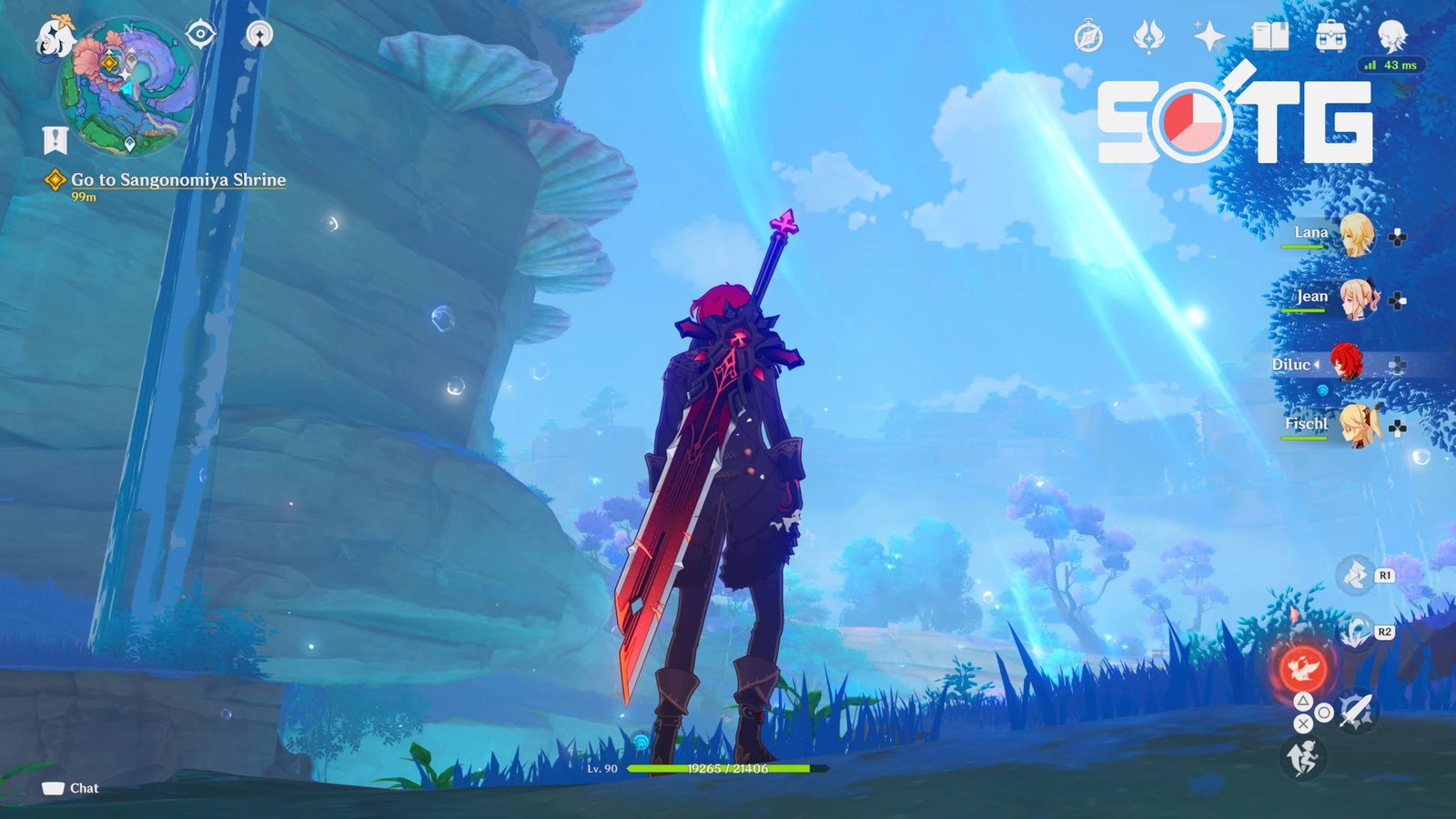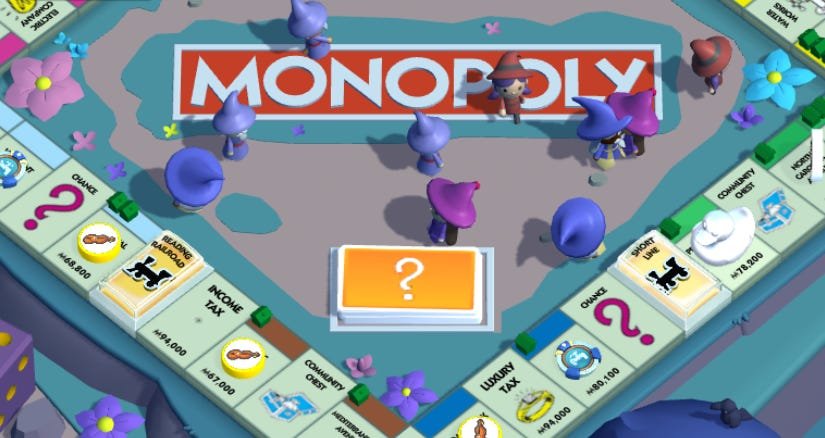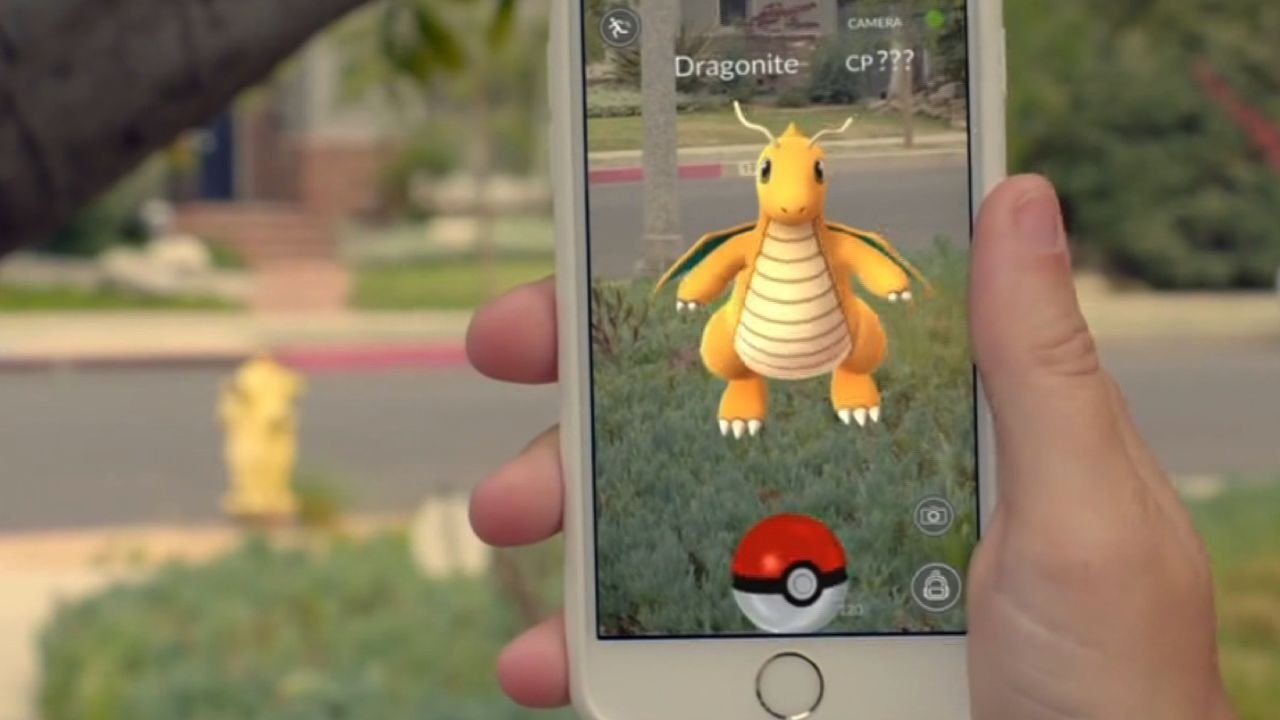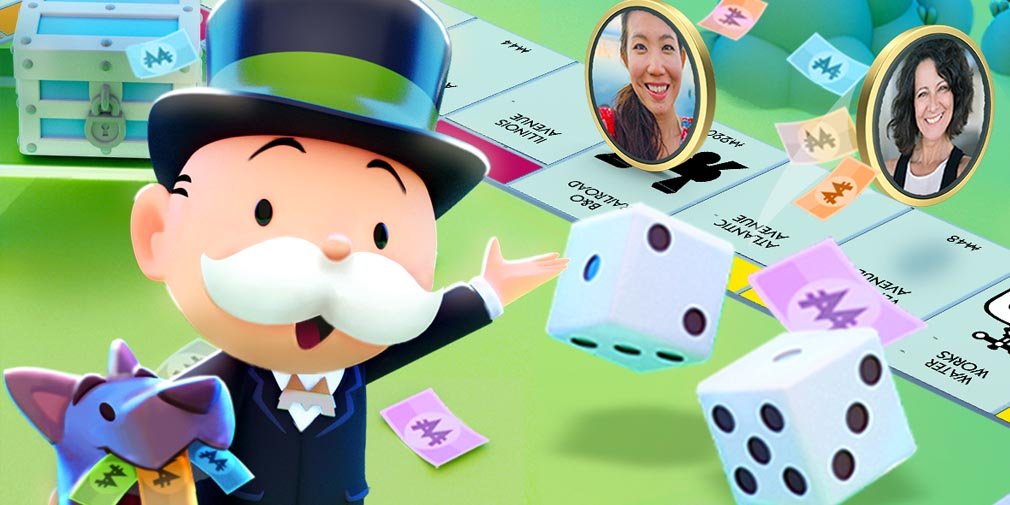Video games have been an integral part of many people’s childhoods and continue to be a source of entertainment and nostalgia well into adulthood. The concept of a go-to game – that one title you return to time and time again – is a testament to the lasting impact these digital experiences can have on our lives. This blog post delves into the world of go-to game, exploring why certain titles capture our hearts and imaginations, and how they shape our gaming experiences over time.
Defining Your Go-To Game: What Makes It Special?

Replay Value: The Key to Longevity
A go-to game is often characterized by its high replay value. This quality keeps players coming back for more, even after they’ve seemingly exhausted all the game has to offer. Games like Grand Theft Auto: Vice City, mentioned by Zainab, exemplify this trait. The open-world nature of the game, coupled with its variety of missions and activities, ensures that players can find new experiences even after multiple playthroughs.
Nostalgia Factor: Childhood Memories
Many go-to games are deeply rooted in childhood memories. For instance, Chad’s mention of Sonic the Hedgehog and Spyro The Dragon highlights how these games become intertwined with our formative years. The emotional connection formed during childhood can make these games a comforting retreat in adulthood.
Accessibility and Pick-Up-and-Play Nature
Games that are easy to pick up but difficult to master often become go-to titles. Roller Coaster Tycoon 2, as mentioned by Patrik, is a prime example. Its intuitive interface allows players to jump in quickly, while the depth of its gameplay mechanics provides long-term engagement.
Evolving Gameplay: Games That Grow With You
Some go-to games manage to evolve over time, either through official updates or community mods. Patrik’s mention of OpenRCT2, a community-driven project for Roller Coaster Tycoon 2, demonstrates how games can remain relevant and engaging years after their initial release.
Emotional Connection: More Than Just a Game
Often, a go-to game transcends mere entertainment and becomes a part of one’s identity. The emotional attachment to games like Pokémon Yellow, as expressed by Holden, illustrates how these titles can hold a special place in our hearts.
Why Do We Have Go-To Games: Exploring the Psychology

Comfort and Familiarity: A Digital Safe Space
go-to games often serve as a form of digital comfort food. In times of stress or uncertainty, returning to a familiar game world can provide a sense of control and predictability. This psychological aspect explains why many people, like Tim, have multiple go-to games from different genres or periods of their lives.
Mastery and Achievement: The Joy of Progression
The satisfaction of mastering a game’s mechanics or achieving in-game goals can be a powerful draw. John’s mention of early educational games like Freddi Fish and Magic School Bus titles highlights how even learning-oriented games can become go-to experiences when they provide a sense of accomplishment.
Social Connection: Shared Experiences
Many go-to games have a strong social component, either through multiplayer features or shared cultural experiences. Fatima’s mention of Age of Empires 2 and Warcraft 3 points to the role of competitive and cooperative gameplay in creating lasting gaming memories.
Escapism and Stress Relief
Video games, especially go-to titles, offer a form of escapism that can be particularly appealing during challenging times. The immersive worlds of games like The Sims 2, mentioned by Anastasia, provide a playground for creativity and a break from real-world concerns.
Cognitive Benefits: Problem-Solving and Strategy
Many go-to games engage our cognitive abilities, providing mental stimulation and challenges. Strategy games like Age of Empires 2 and Warcraft 3, as mentioned by Fatima, offer complex scenarios that exercise problem-solving skills and strategic thinking.
Finding Your Next ‘Go-To’ Game: Tips and Recommendations

Exploring Different Genres: Broadening Your Horizons
While it’s easy to stick with familiar genres, exploring new types of games can lead to unexpected favorites. Consider the diverse range of games mentioned by our respondents:
| Genre | Example Games |
|---|---|
| Open World | Grand Theft Auto: Vice City |
| Platformer | Sonic the Hedgehog, Spyro The Dragon |
| Simulation | Roller Coaster Tycoon 2, The Sims 2 |
| RPG | Pokémon series, Final Fantasy |
| Strategy | Age of Empires 2, Warcraft 3 |
Try venturing into unfamiliar territory to potentially discover your next go-to game.
Revisiting Classics: Rediscovering Old Favorites
Many classic games have stood the test of time, offering experiences that remain engaging years later. Consider revisiting games from your childhood or exploring remastered versions of older titles. The enduring popularity of games like Crash Bandicoot and Spyro, as mentioned by Tim, demonstrates the lasting appeal of these classics.
Community Recommendations: Tapping into Collective Wisdom
Online gaming communities can be excellent sources for game recommendations. Platforms like Reddit, Discord, or gaming forums allow you to connect with like-minded players and discover hidden gems. The diverse range of games mentioned in our survey, from niche titles like Harvest Moon: Back To Nature to mainstream hits like the Assassin’s Creed series, shows the value of community input.
Embracing Indie Games: Unique Experiences
Independent games often offer innovative gameplay mechanics and unique storytelling that can lead to deeply engaging experiences. While not mentioned in our survey responses, indie games like Stardew Valley, Hollow Knight, or Hades have become ‘go-to’ games for many players due to their depth and replayability.
Following Game Developers: Loyalty to Quality
If you find yourself consistently enjoying games from a particular developer or series, it may be worth following their new releases. For example, fans of Pokémon or The Sims often find enjoyment in new iterations of these franchises.
The Role of ‘Go-To’ Games in Social Connection and Community

Shared Experiences: Bonding Through Gaming
‘Go-to’ games often become focal points for social interaction, both online and offline. Multiplayer games like Age of Empires 2 and Warcraft 3, mentioned by Fatima, create opportunities for shared experiences and friendly competition. These games can foster friendships and strengthen existing relationships through cooperative play or friendly rivalry.
Online Communities: Finding Your Tribe
Many popular go-to games have vibrant online communities where players can share strategies, discuss lore, and organize events. For example, Patrik’s mention of the active OpenRCT2 community shows how even older games can maintain a dedicated following. These communities extend the life of the game and provide a sense of belonging for players.
Cultural Impact: Games as Shared References
Certain go-to games become cultural touchstones, providing shared references and experiences across generations. The widespread recognition of characters like Mario, Sonic, or Pikachu demonstrates how these games permeate popular culture. This shared cultural knowledge can serve as a bridge between different age groups and backgrounds.Top-Rated Games on Google Play 2024: A Comprehensive Guide
Competitive Scene: From Casual to Professional
Some go-to games develop competitive scenes, ranging from casual local tournaments to professional esports leagues. While not explicitly mentioned in our survey, games like Warcraft 3 have historically had strong competitive communities. This aspect can add depth to the gaming experience and provide goals for players to strive towards.
Family Bonding: Intergenerational Gaming
go-to games can also serve as a means of connection between family members of different generations. Educational games like those mentioned by John (Freddi Fish, Tonka Construction) can be enjoyed by both children and parents, creating shared experiences and learning opportunities.
The Lasting Power of ‘Go-To’ Games: Memories and Nostalgia

Emotional Anchors: Games as Life Milestones
Many ‘go-to’ games become intertwined with significant life events or periods, serving as emotional anchors. The strong attachment to games like Pokémon Yellow, as expressed by Holden, or the Sims 2, mentioned by Anastasia, illustrates how these games can represent more than just entertainment – they become part of our personal history.
Evolving Perspectives: Revisiting Games Over Time
As we grow and change, our perspective on our go-to games often evolves. What once seemed like a simple game might reveal hidden depths when revisited as an adult. For example, strategy games like Age of Empires 2 or Warcraft 3 might be appreciated on a deeper level as players develop a better understanding of history or complex game mechanics.
Preservation and Remastering: Keeping Classics Alive
The gaming industry has recognized the value of nostalgia, leading to numerous remasters and re-releases of classic go-to games. Tim’s mention of Crash Bandicoot: Warped and Spyro: Ripto’s Rage (known as Gateway to Glimmer in some regions) points to the enduring appeal of these titles, which have seen successful remasters in recent years.
The Impact of Technology: Enhanced Experiences
Technological advancements have allowed for enhanced versions of classic go-to games. Community projects like OpenRCT2, mentioned by Patrik, demonstrate how passionate fans can breathe new life into older games, adding features and improving compatibility with modern systems.
Creating New Memories: Sharing ‘Go-To’ Games with Others
Many players find joy in introducing their favorite ‘go-to’ games to new generations or friends who missed them the first time around. This sharing of beloved games creates new memories and perspectives, extending the life and impact of these titles.
Video
Conclusion
The concept of a ‘go-to’ game is deeply personal and yet universally understood among gamers. These games, whether they’re sprawling open-world adventures like Grand Theft Auto: Vice City, nostalgic platformers like Sonic the Hedgehog, or endlessly replayable simulations like Roller Coaster Tycoon 2, hold a special place in our hearts and gaming libraries.
Our exploration has revealed that ‘go-to’ games are more than just sources of entertainment. They serve as comfort zones, challenges to be mastered, social connectors, and repositories of cherished memories. The psychology behind why we return to these games time and again is complex, involving factors such as nostalgia, the desire for achievement, and the need for familiar experiences in an ever-changing world.
As the gaming landscape continues to evolve, with new technologies and innovative game designs emerging, the nature of ‘go-to’ games may change. However, the core appeal of these games – their ability to engage, challenge, and comfort us – is likely to remain constant. Whether you’re revisiting a childhood favorite or discovering a new game that captures your imagination, the joy of finding that perfect ‘go-to’ game is an experience that unites gamers across generations.
In the end, our ‘go-to’ games are a reflection of ourselves – our interests, our experiences, and our gaming journeys. They stand as testaments to the power of interactive entertainment to create lasting impressions and forge connections. As we move forward, let’s cherish these games that have shaped us, while remaining open to new experiences that might become the ‘go-to’ games of the future.

